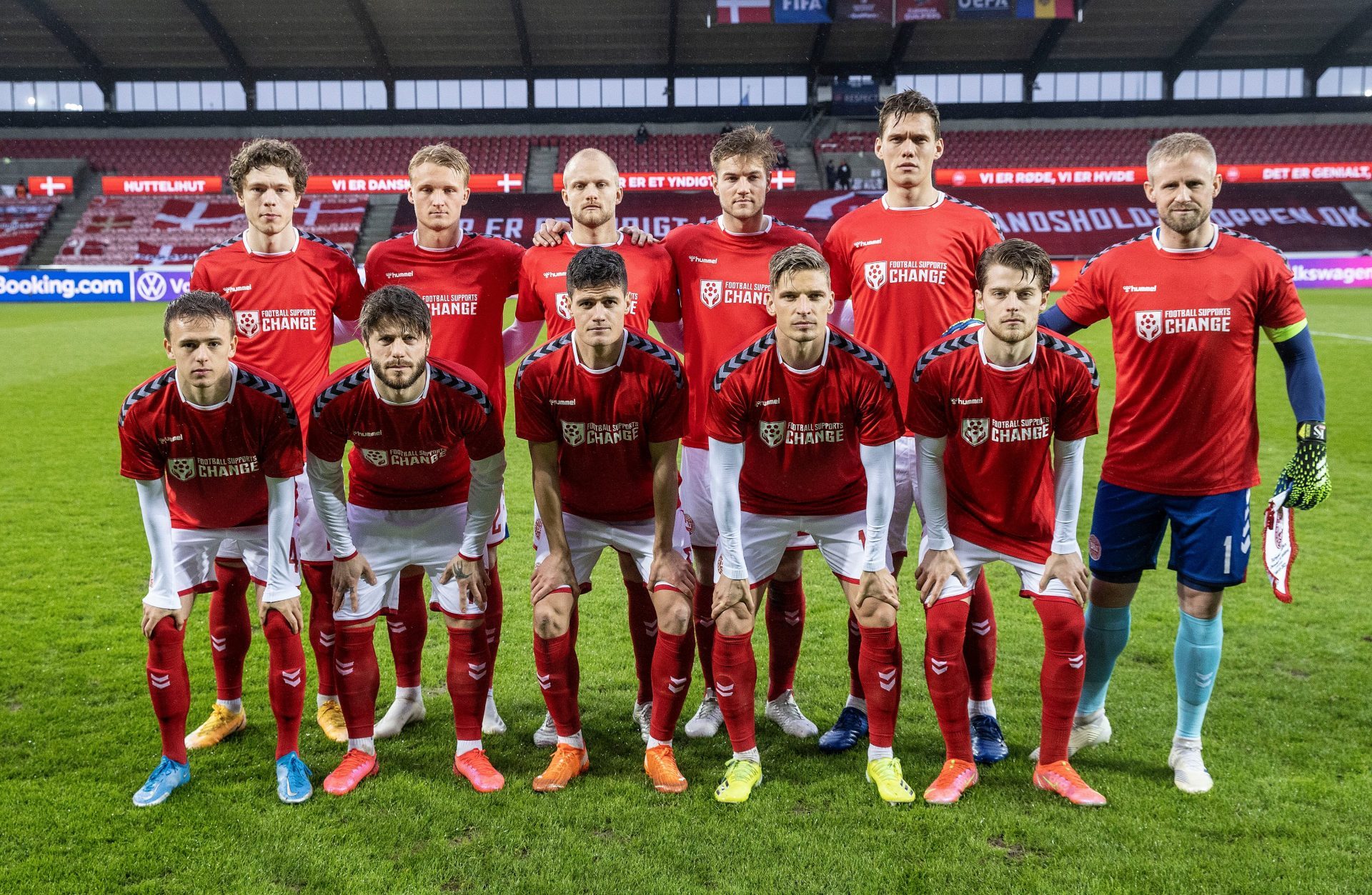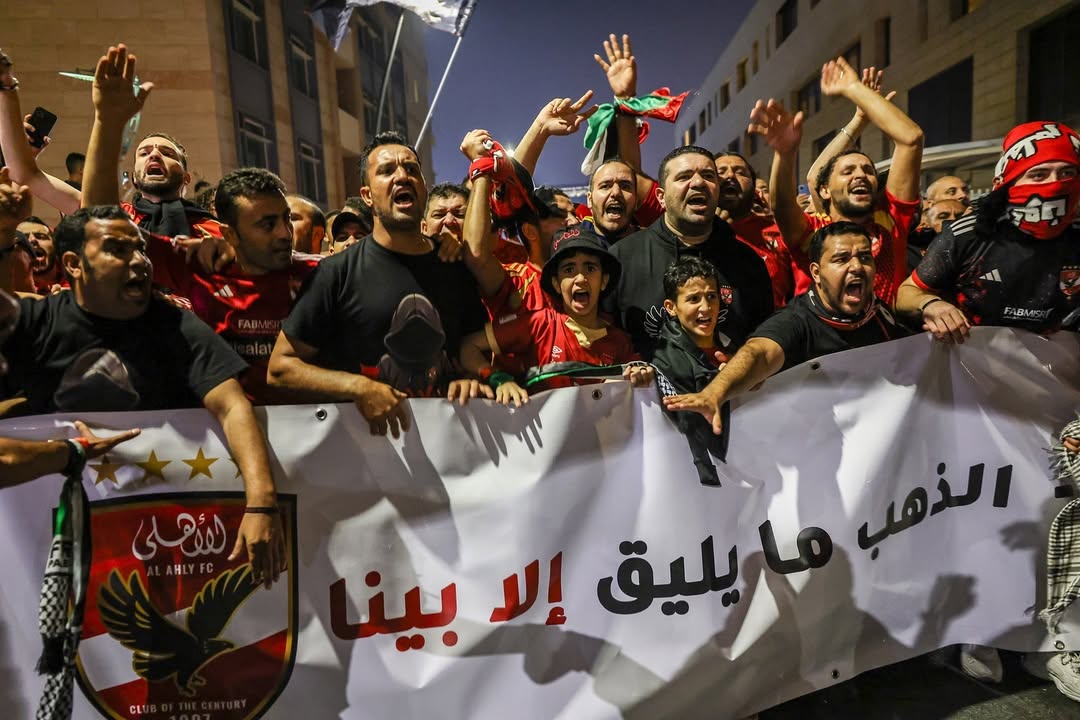Despite smear campaigns and Qatar 2022 boycott calls, none of the countries stood by their previous positions.
Denmark and Germany’s national football teams will participate in next year’s FIFA World Cup in Qatar, despite rallying against the global event, authorities confirmed.
Speaking on TV2 channel a day after Denmark qualified for the tournament, Sports Minister Ane Halsboe-Joergensen on Wednesday said a boycott is not a solution, though doubled down on opinions that staging the mega tournament in the Gulf state would be “a wrong decision”.
Similarly, the German football association (DFB) also released an interview with its Vice President Peter Peters on Monday who said the boycott would not be implemented by Die Mannschaft.
“Despite being demanded by some, a boycott will not bring [Qatar] and its people forward,” the former Schalke director noted.
“Nongovernmental organisations and other experts have confirmed in our discussions that Qatar is a land in transition,” he added, referencing the positive developments Qatar has achieved recently in terms of labour reforms.
“I have no objective reason to cast doubt on the honest and decent conduct of the Qataris,” Peters said.
Earlier this week, both Germany and Denmark booked the first two tickets to Qatar’s 2022 World Cup, respectively.
Read also: Norway votes against boycott of Qatar World Cup 2022
On Monday, Germany earned its spot after a 4-0 victory over North Macedonia in Skopje, while the Danish team secured its palace following a 1-0 home win over Austria on Tuesday.
Comments to confirm the attendance of both teams at the competition next year comes as Qatar faces criticism amid reports of discriminatory laws and poor conditions for migrant workers in the Gulf state.
Norway, which first initiated the boycott campaign, voted in June against boycotting the 2022 tournament despite running several movements against the host nation in recent months.
Despite this, no team has confirmed it would go ahead with boycotting the major event as of yet.
Major reforms
Over the past year in particular, Qatar has been praised on a global and regional scale for its “historic” labour reforms.
In March, Qatar introduced the region’s first ever non-discriminatory minimum wage, under which employers employers must pay allowances of at least QAR 300 for food and QAR 500 for housing on top of the minimum monthly basic wage of QAR 1,000.
Employers who pay their staff less than the minimum wage will face one-year in jail and a QAR 10,000 fine.
As part of the major labour reform agenda, Qatar drastically enhanced monitoring across the board to detect violations, enacting swifter penalties and further strengthening the capacity of labour inspectors.
So far, dozens of companies have faced action from authorities for violating the new laws.
These labour reforms also include the dismantling of the controversial “kafala” or sponsorship system, becoming the first country in the region to do so.
‘Qatar is listening’
Last month, an official from the European Parliament’s intergroup on sports praised Qatar’s “positive reform” following a visit to the Gulf state, as an independent report that surveyed migrant workers in Qatar noted major improvements to address concerns.
The group visited some of the World Cup stadiums and met with workers and Qatari officials in Doha over the weekend.
“The process of reform which we have witnessed is positive, not only for Qatar but for the entire region to follow,” Vice Chair of the Delegation for the Relations with the Arab Peninsula and Chair of the Sport Intergroup Marc Tarabella told reporters on Friday.
Tarabella was part of the delegation that met with the Gulf state’s Prime Minister and Minister of Interior Sheikh Khalid bin Khalifa bin Abdulaziz Al Thani, Minister of Labour Yousuf Mohamed Al Othman Fakhroo and the National Human Rights Committee [NHRC].
Furthermore, Tarabella said that the delegation also had “fruitful meetings” with the UN’s International Labour Organization [ILO] office in Qatar and visited the Lusail Stadium.
“Process of reform is going to continue after 2022 and we believe the country is going in the right direction,” said the European official, adding that a delegation will be visiting Qatar some time next year, without providing information on the date of the visit.
“Qatar is strongly listening” to the suggestions concerning workers’ rights, he added.
“We look forward to further engaging with Qatar to see what further progress has been achieved in the coming months,” he said.
Joining him at the press conference was Tiziana Beghin, member of the committees of the international trade, budget and member of the Sport Intergroup at the EU Parliament.
Qatar receives an automatic spot at the global sporting event as the host country, though 29 places are still up for the taking.







